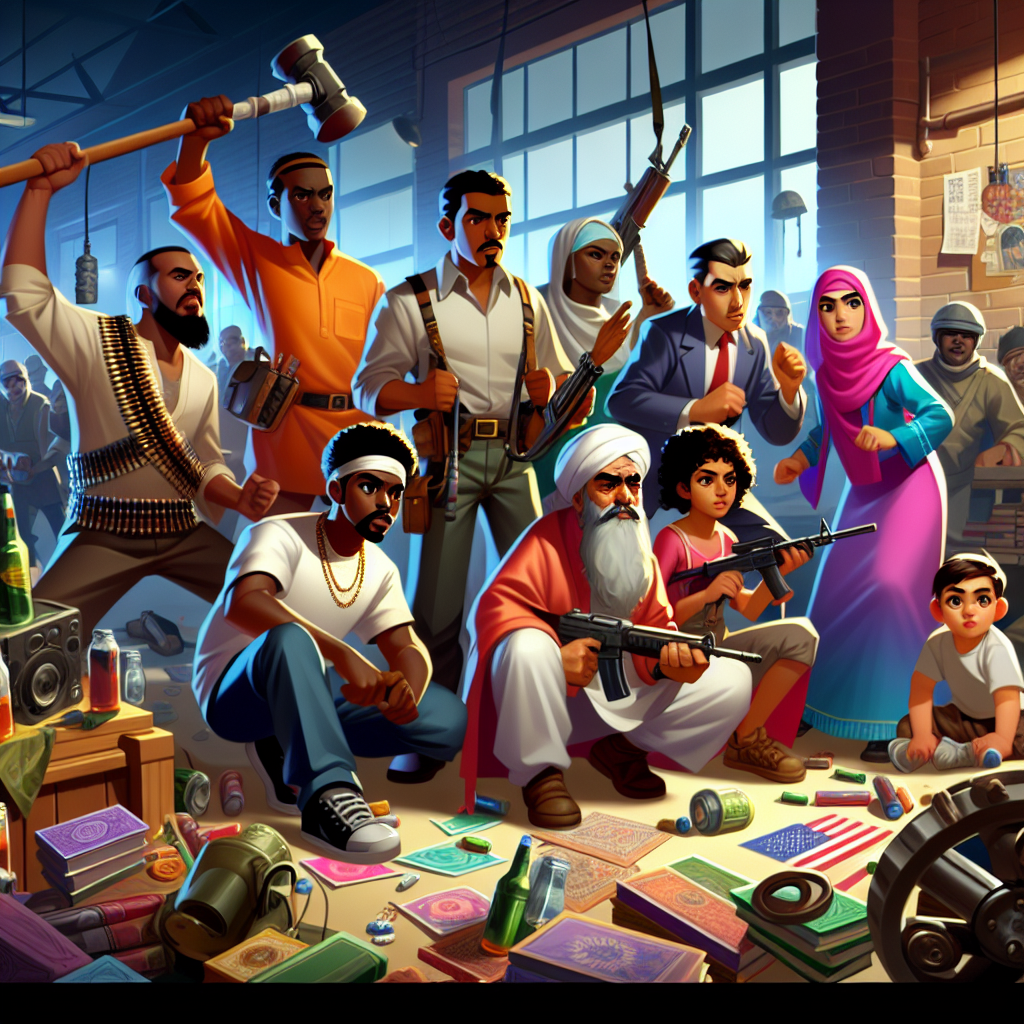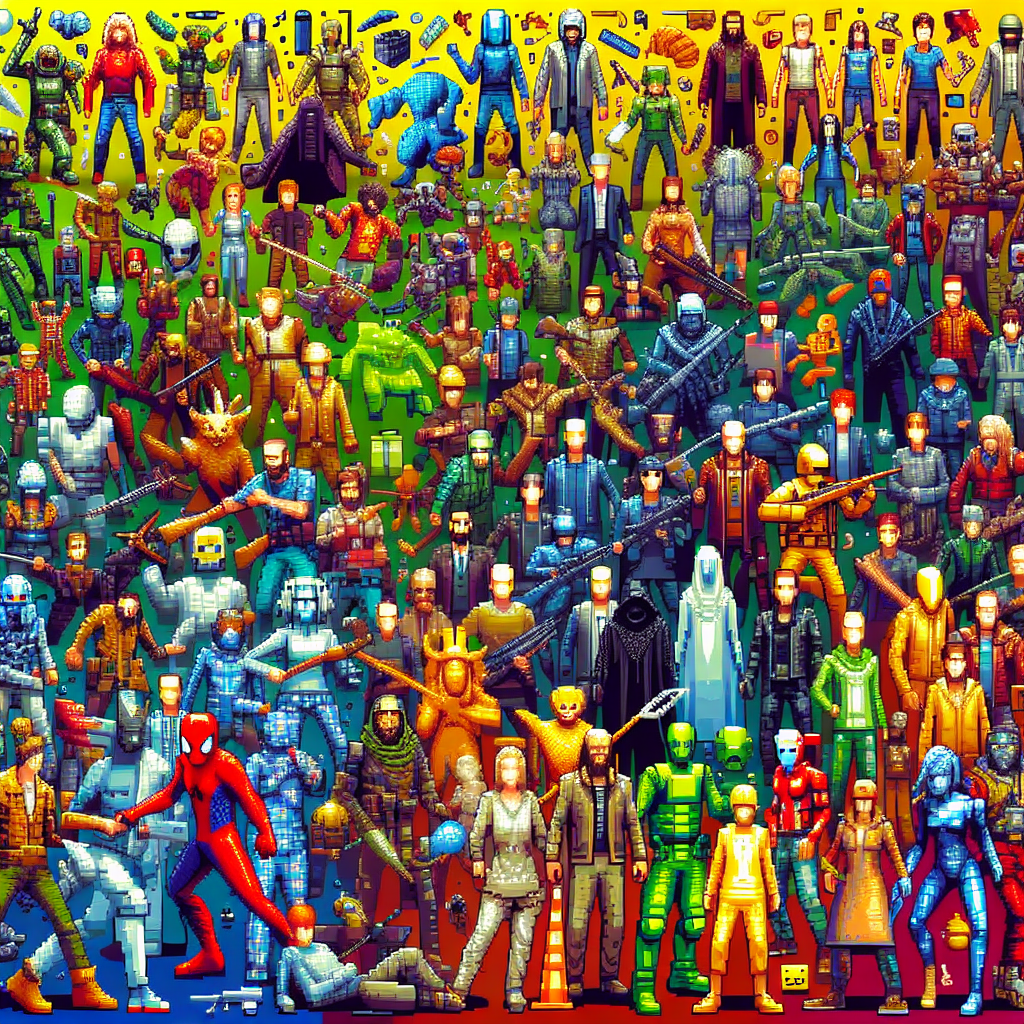In today’s digital age, games reflecting modern humanity have become a powerful medium for storytelling and expression. They not only entertain but also mirror the complexities of contemporary society, addressing issues such as identity, social justice, and emotional well-being. As players engage with these narratives, they are often confronted with their own realities, contributing to a deeper understanding of the world around them.
The Evolution of Game Narratives
Historically, video games were primarily focused on simple mechanics and entertainment. However, as technology has progressed, so have the narratives. Today, many games tackle profound themes, allowing players to explore moral dilemmas and societal issues. Titles like The Last of Us Part II and Life is Strange delve into topics such as grief, loss, and the impact of choices, reflecting the nuanced nature of human experience.

These games encourage players to empathize with characters from diverse backgrounds and perspectives. By navigating through complex storylines, players gain insights into the lives of others, fostering a sense of connection and understanding that transcends geographical and cultural boundaries.
Games as a Reflection of Social Issues
Another significant aspect of games reflecting modern humanity is their ability to highlight pressing social issues. Many developers are using their platforms to address topics such as racism, gender inequality, and mental health. For instance, Celeste explores mental health challenges through its gameplay and narrative, encouraging conversations around anxiety and depression.

Moreover, games like Detroit: Become Human tackle themes of artificial intelligence and civil rights, prompting players to consider the ethical implications of technology in society. These narratives not only entertain but also educate, pushing players to reflect on their values and beliefs.
The Role of Community in Gaming
Beyond individual experiences, gaming communities have emerged as vital spaces for discussion and support. Online platforms allow players to share their stories and connect over shared experiences, further emphasizing the social aspect of gaming. This sense of community is particularly evident in multiplayer games, where collaboration and teamwork are essential.
As players come together, they create environments where issues such as inclusivity and representation are actively discussed. This collective engagement can lead to positive changes within the gaming industry, encouraging developers to prioritize diverse narratives and characters. In this way, games reflecting modern humanity not only entertain but also drive social change.
In conclusion, the evolution of video games from mere entertainment to a platform for social commentary demonstrates their significance in reflecting modern humanity. As players engage with these narratives, they not only find enjoyment but also gain insights into their own lives and the world around them. The future of gaming holds immense potential for further exploration of the human experience, making it an exciting space to watch.
Some content and/or images on this page were created using AI.





